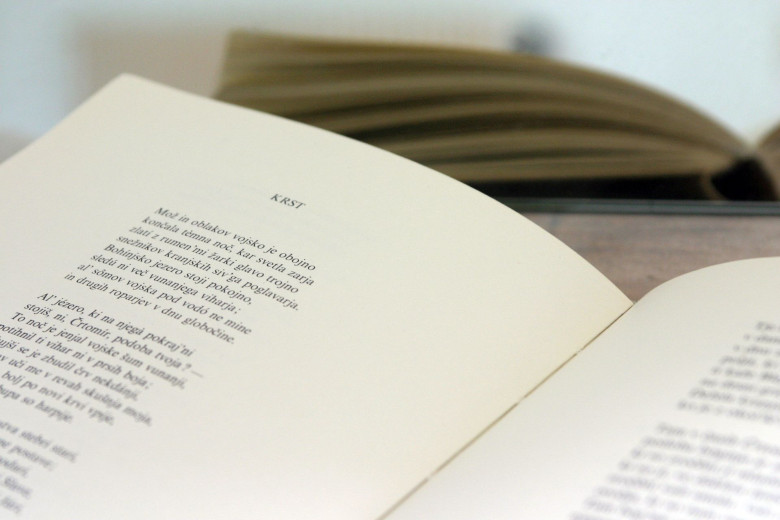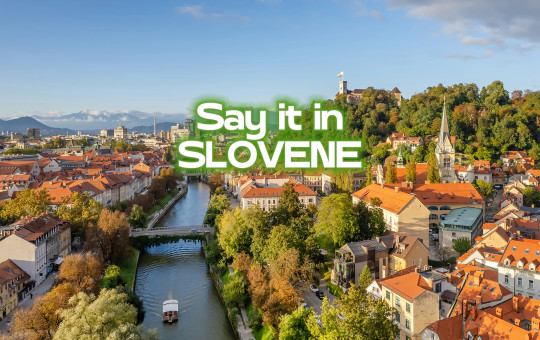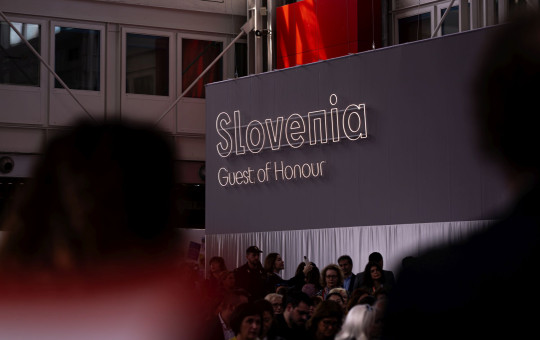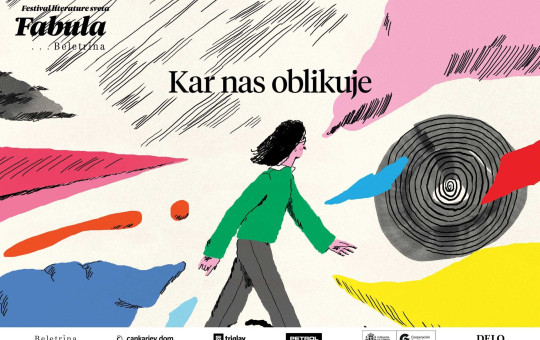Date: 21. February 2024
Time to read: 3 min
Today we commemorate International Mother Language Day. The mother tongue is the language that a person first learns and most commonly uses in everyday communication. It is the language through which we express ourselves, think, write, dream, and communicate in general.
It is usually the language spoken in the country where a person was born, but it can also be another language learned in early childhood if the person grew up in a multilingual environment.
The official language in Slovenia is Slovenian, which belongs to the South Slavic languages but also shares many characteristics with the Western Slavic branch. Slovenian has been influenced by the Romance, Germanic, and Uralic worlds.
Approximately 2.4 million people consider Slovenian their mother tongue. It is a unique language, partly because it uses the dual form in verb conjugation, which is very rare. Despite the relatively small geographical area of the Slovenian linguistic territory and the small number of speakers, linguists have identified 46 clearly defined dialects.
Slovenian is one of the few Indo-European languages that has preserved the dual form in grammar. In Slovenian, the dual form has been fully retained, and it is used continuously in everyday language, consciously or unconsciously, which places us among the few unique cases worldwide. Among all Slavic languages, Slovenes have the most dialects, which sometimes cause communication challenges even among us. Slovenian has several additional language peculiarities; for instance, there are no swear words in Slovenian language.
Slovenian has 25 letters: a b c č d e f g h i j k l m n o p r s š t u v z ž. It has 3 grammatical numbers, 6 cases with eight declensions, and three grammatical genders.
UNESCO chose February 21 as International Mother Language Day in 1999 in memory of the protest and death of Bengali students who, on February 21, 1952, demanded equality for their mother language, Bengali, in Pakistan.
The mother tongue often holds emotional and cultural significance for the speaker and plays an important role in shaping identity and belonging. Socially, the mother tongue is crucial for the development and strengthening of national consciousness.







